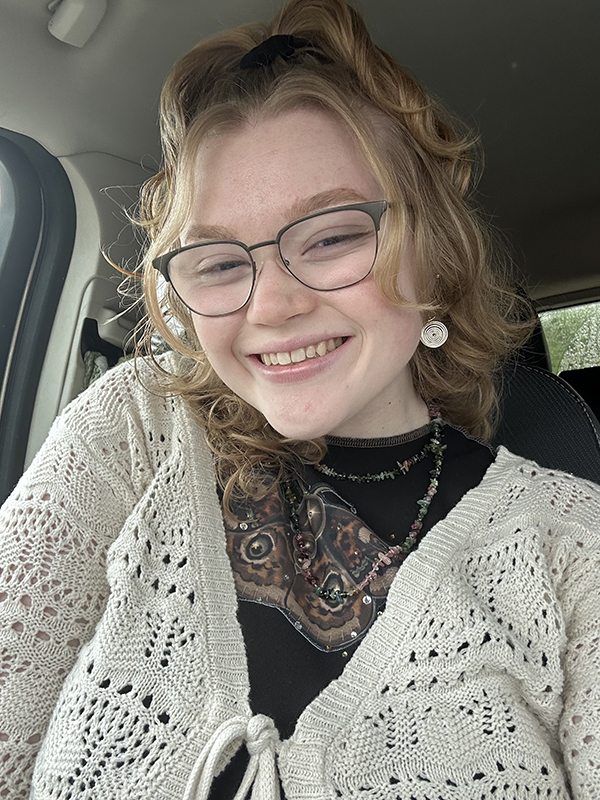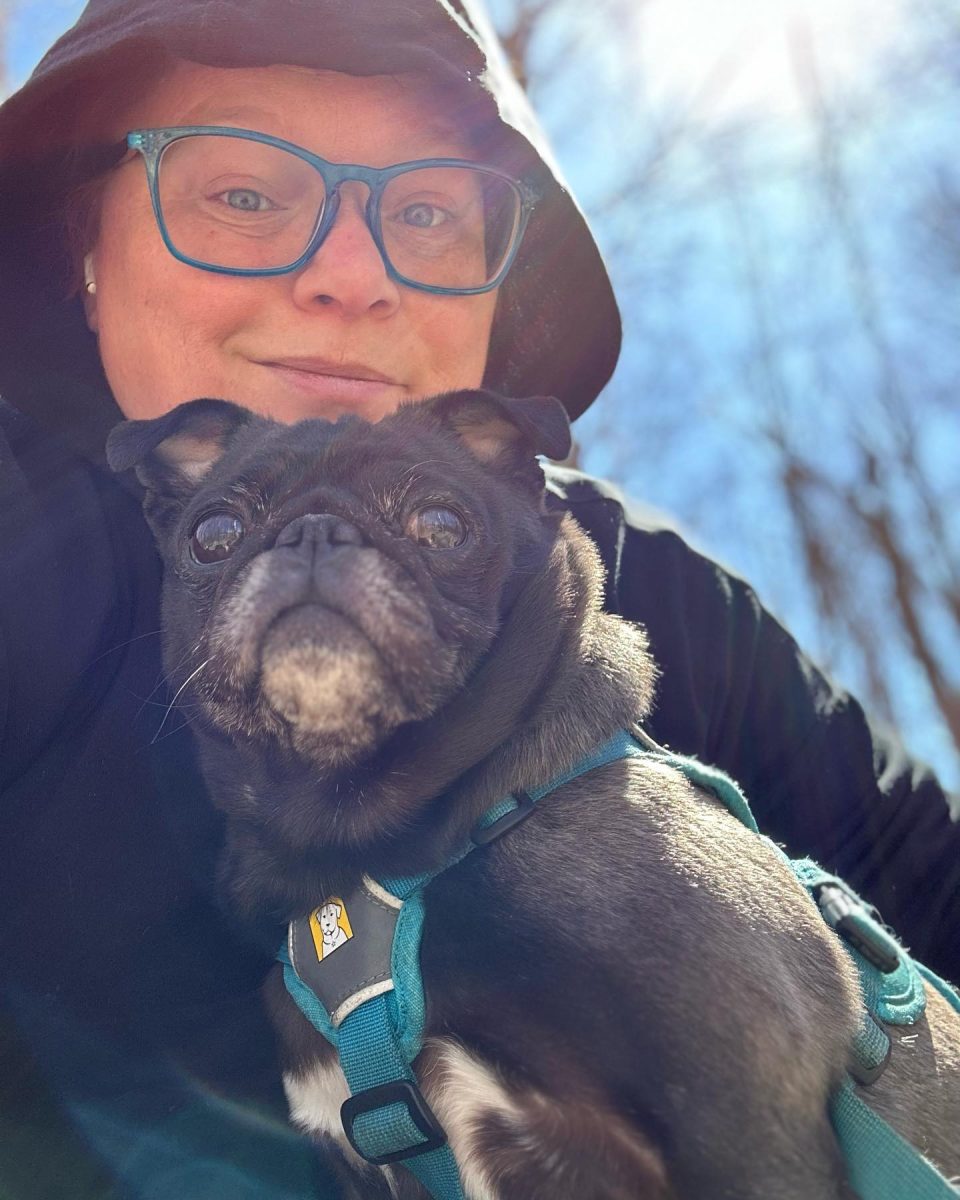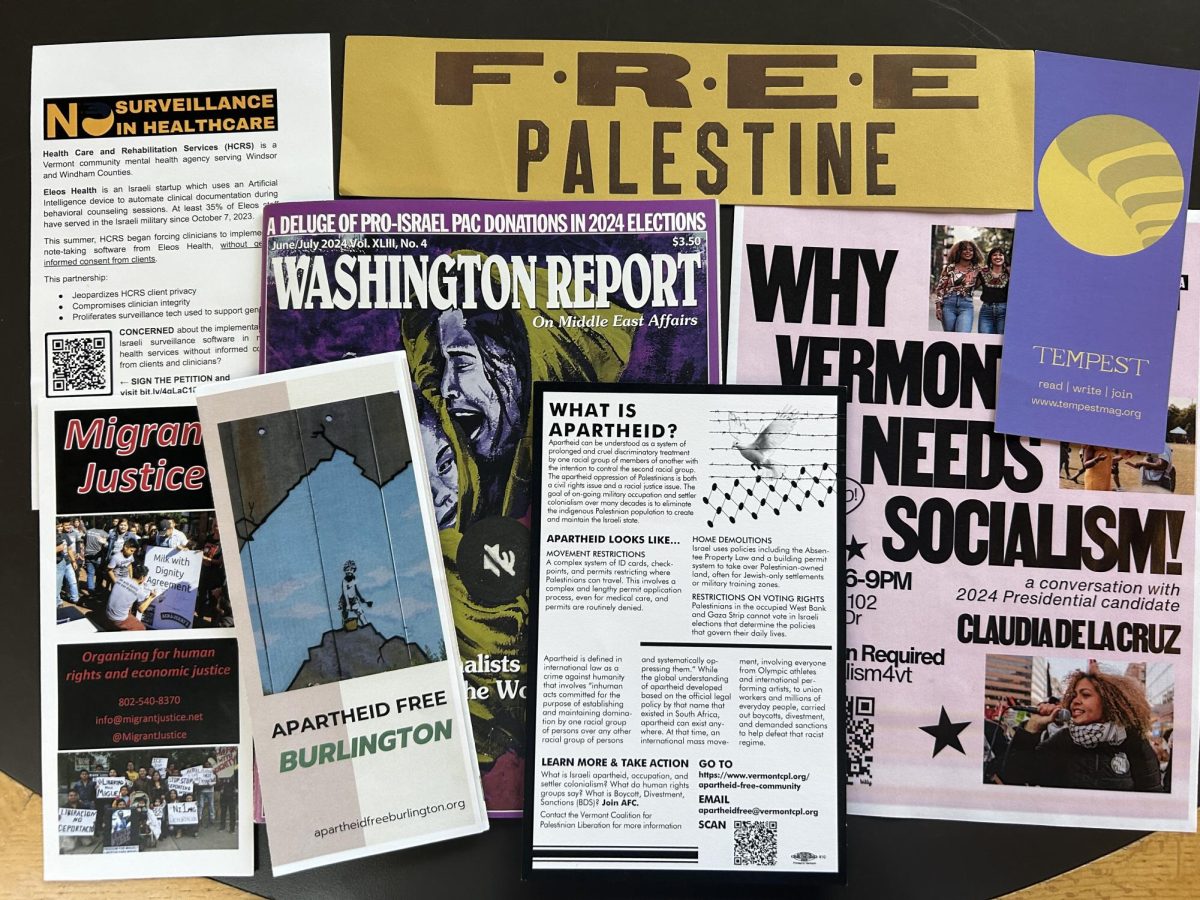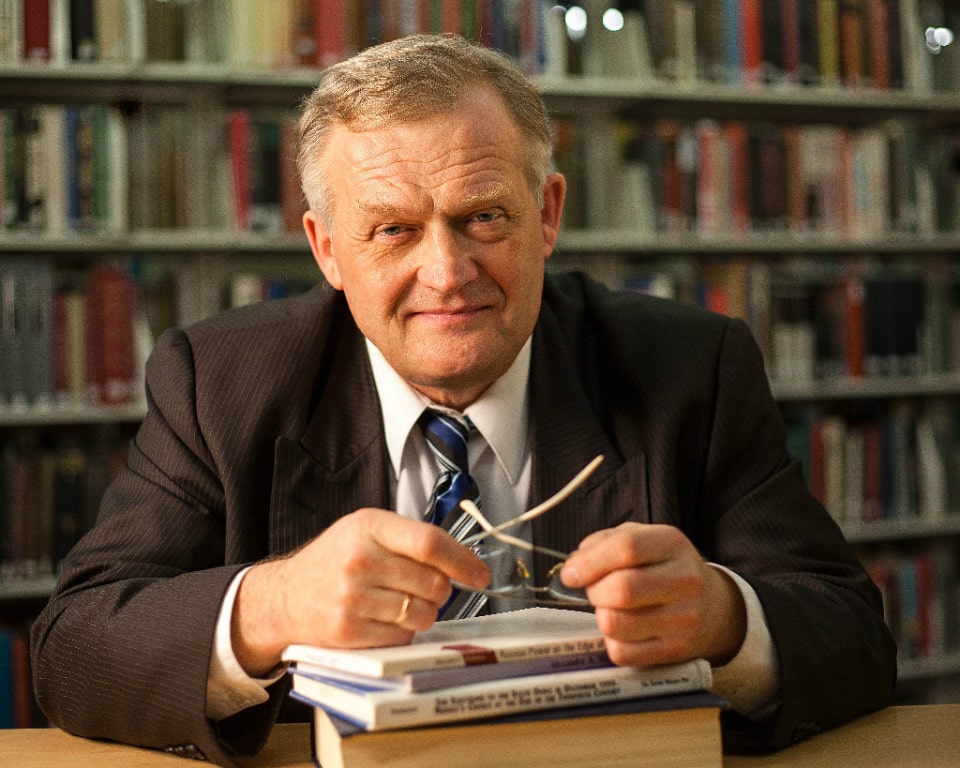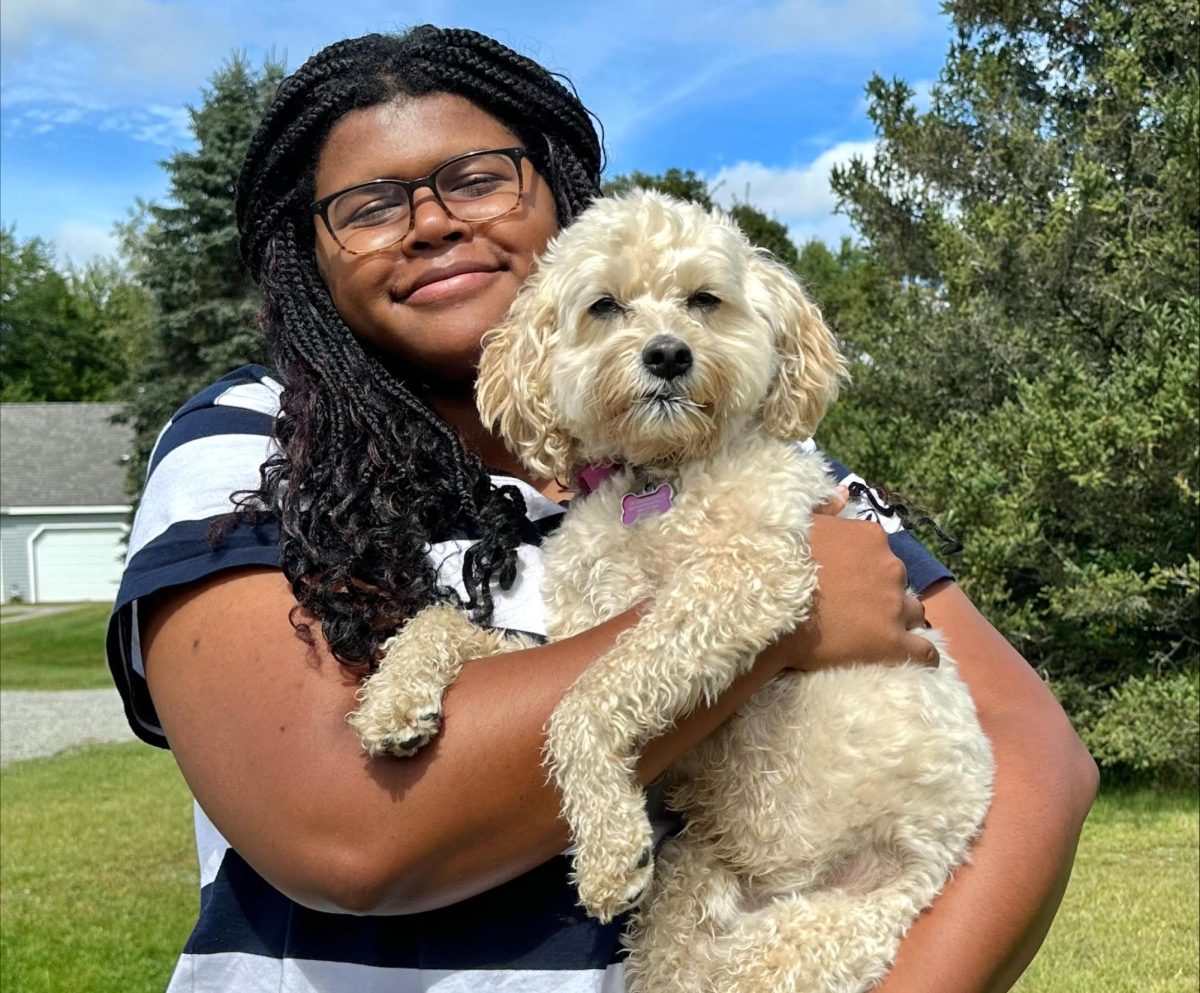Jerry Mitchell is an investigative reporter who lives in Jackson, Mississippi. He has written for the Clarion Ledger, Jackson’s daily paper, for nearly 30 years. Mitchell built his award-winning career investigating cold cases, many of which had languished unsolved for decades. Some had even become part of our national narrative, cautionary tales about legal inertia and the motivation necessary to accomplish true justice. Mitchell’s work sewed loose threads, threads he used to weave news stories so sound they delivered their own American justice.
Mitchell has written extensively about Byron de la Beckwith, the man who killed revered NAACP leader Medgar Evers in Jackson, Mississippi in the early 1960s. Mitchell came to JSC to speak on Tues., Jan. 4.
If you for some reason had ended up not being a journalist, what do you think you might have become?
You know, I don’t know. Probably something in the creative arts. I did some theater, acting, and all that kind of stuff, and writing. I love writing, so, you know, I could have ended up a lot of things. I mean one of my hobbies is I co-write screenplays with a guy who’s a friend of mine from college who’s a lawyer. So, we have a good time. It’s a good hobby. Maybe one day we’ll sell one.
How do you guys do it? Do you guys each write a chapter, or a scene?
Yeah. Yeah. Yeah. People ask us, “How do you do that?” Actually, we aren’t in the same town. He lives in Nashville. So, what we do is, I usually do the bare-bones version. I like, I frame the house so to speak, and then hand it to him, and then Mike will take it and bring it to life, you know, he’s very good at that. And he’s very good at writing dialogue and-–much better than me—and then I come back and I’m the ruthless editor.
So that kind of keeps you sane?
I like doing it–it uses a different part of the brain. I like using the creative side of the brain, and sometimes I am able to do that in pieces I do for the paper. Like, I’ve done a number of serial narratives, and things like that, that are kind of creative non-fiction, you know, that I have tried to write, narrative non-fiction–whatever you want to call it.
In your speech last night, you said you learned to “live fearlessly” through your work.
What was I thinking!
Was there for you a moment of epiphany, a moment when you had to decide how you wanted to act as a journalist?
Yeah. Yeah. I mean, I think early on you had the encounter with Beckwith, Byron de la Beckwith, who threatened me basically, and, you know, you kind of had to make a decision: Do I keep doing this or not?
And yeah, I think I relate everything back to the playground –which may say something about my mentality–but I was always the runt on the playground, always got the crap beaten out of me, so I’ve always reacted poorly to bullies. So I just view them as bullies. You know? Even though they’re actually more threatening than bullies, that’s what I view them as. They’re kind of bullies, and they’re trying to bully you, and that’s what the threat is meant to do, is to try to throw you off of doing the story, and it just makes me more determined when people do that.
How did your parents or family feel about your chosen profession as your stories became more and more risky?
Oh–well—it’s been an interesting evolution. I mean my dad didn’t want me going into journalism. He wanted me to go into business. So I’ve been a great disappointment to him [laughs]. Naw, he’s okay with it now.
He’s gotten over it?
He’s gotten over it now. But yeah, that’s what my dad wanted. I remember he was sitting at a talk one time. And my dad of course was sitting right there. I said [pretends to address a vast crowd], “Fortunately, my dad encouraged me [pauses and pretends to be pointing his father out for the crowd to see]…I told him I wanted to get into journalism, and he was like, ‘You want to do WHAT?!’” [laughs and laughs] You know?
So, yeah, I think you need a little bit of that. I mean, you know, you don’t want to just do whatever your parents say go and do. You need to do something that you love and enjoy and do.
I think people should do what they’re passionate about. I’m a very firm believer in that. I think that people are crazy to go off and do something just because it pays a little more money. Do what you’re passionate about. Even if you’re making minimum wage, do what you’re passionate about. You’ll always have that kind of satisfaction that you won’t necessarily have if you’re doing something you’re not passionate about.
I’ve seen a lot of people who were reporters like me, and then at a certain point they decided to jump into PR because they could make a little more money or something like that, and they ended up being unhappy about it. You know? Like, they ended up making more money, but then they weren’t really happy, and really wished they were doing what I was doing. You know? That kind of thing. And they missed it.
So I always think that, you know, do what you love.
The afternoon you spent with Byron de lA Beckwith at his house in Tennessee–when you were up there, did it ever cross your mind that there might be bodies out on his property?
No. I mean…I thought a lot about Byron de la Beckwith. I mean, I just thought about, you know, it was kind of ominous to some extent. It was kind of an interesting scene because he–and I use this in my book—he had orange soda. He had his wife bring him an orange soda, and he mixed it with soda hydrogen peroxide, food-grade, not like the kind that you use for a wound, what’s called a food-grade hydrogen peroxide. And, he mixed it with the orange drink and he claimed that this cleaned out his veins. This is, you know, keeping him healthy.
So here I am looking over at Byron de la Beckwith and he’s got this–and it’s bubbling furiously like some kind of, like, scientific potion going on. So it was kind of a wild scene to watch all that.
In your talk you mentioned that people want to tell their story, even a Klansman. Some of your interviewees seem to have gone way past just telling their story. Do you think any of your subjects just wanted to finally get caught?
Yeah, that’s a good question. Maybe there’s some kind of subconscious thing at work, but I don’t think so. I think that they just wanted to tell their stories. Beckwith was willing to talk to me, and he didn’t invite me there. I asked to come, but Bobby Cherry invited me. So, I mean yeah, I think he really wanted to tell his story like Bobby Cherry did.
Was there any tool absolutely necessary to a journalist which you had to learn, develop, borrow or steal when you first got started?
Oh yeah, steal everything you can. I mean in terms of writing and everything else. What I mean by that is study others and learn.
I remember early on in my career I read “All the President’s Men.” In fact, someone had advised me to read it. An editor had advised me to read it. It was absolutely the best piece of journalism-advice I ever got in my career.
What’s the fastest way to bribe you–assuming you were into that kind of thing, of course?
Maine lobster.


